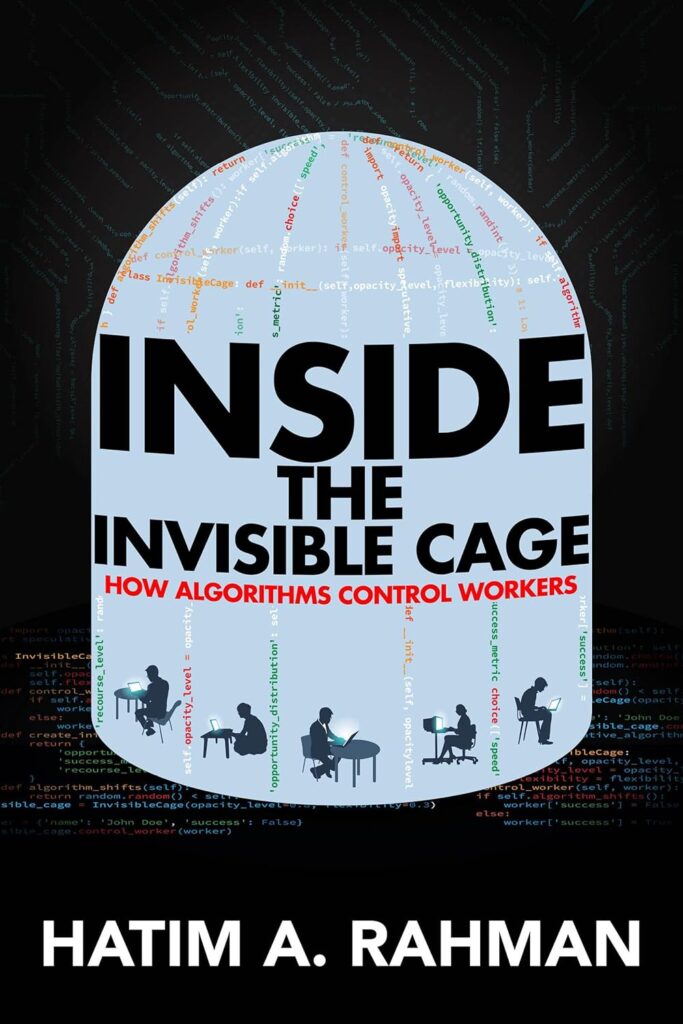
Image: Dave Pearce via Flickr
Profound changes in paid employment have unfolded in recent decades, with serious consequences for millions of workers whose jobs, careers, and family lives have are been exposed to rising levels of risk. Though much of the attention has focused on the advanced capitalist societies, precarious work has also grown through Asia and much of the global south.
Involved here is the spread of work that is uncertain or insecure, in which risks are shifted from employers and governments to workers, and in which workers lack the legal protections and benefits that the standard work arrangement once offered.
Familiar examples of precarious work include temporary and contract work, but growing rapidly now are jobs in the “gig” or on-demand economy, “bogus” self employment in which workers are independent in name only. Working under these conditions can over time have adversely affect individuals, shaping workers’ trajectories in ways that can inflict lasting harm.
Workers often suffer income insecurity. They cannot know when they will be working, if at all. They have little or no access to job training or sick days. And they often feel like outsiders while on the job. Societal effects can also accumulate, as when the weakening of economic attachments drives the social and political instability that has surfaced in recent years, at times seeming to threaten the foundations of liberal democracy itself.
What is known about these developments? One set of answers can be found in Precarious Work, our just-published collection of original papers on the topic.
Continue Reading…





